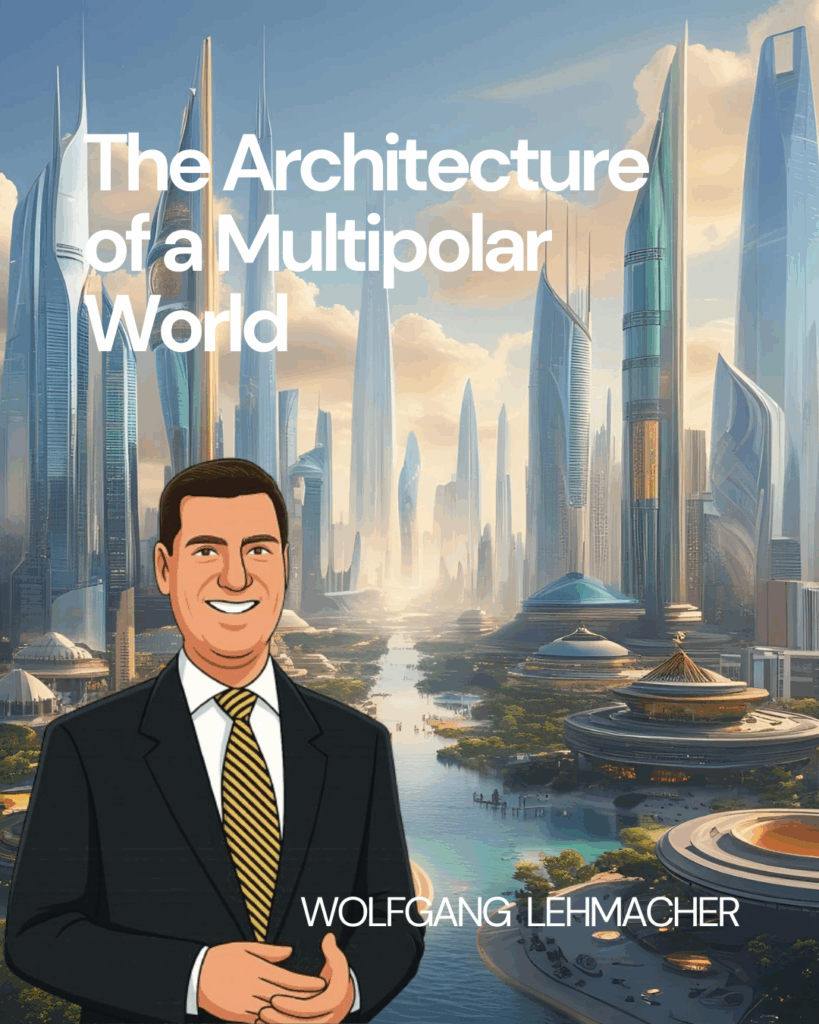Wolfgang Lehmacher Shares his perspective
Why This Is Relevant
In 2025, the global trade landscape is being reshaped by numerous new U.S.-driven deals with major partners, marking the end of WTO-era multilateralism and the rise of a multipolar contest for power and influence.
This new architecture, centered on high tariffs and conditional access based on U.S. priorities, signals a departure from reciprocal trade norms.
Impact on Supply Chain and Logistics
We face rising costs, input price volatility, and systemic fragmentation as tariffs, regional blocs, and national interests take precedence over integration and efficiency.
Uncertainty is heightened by shifting rules, retaliatory measures, and increased complexity, undermining global competition and innovation.
Ensuring Supply Chains Benefit
Diversify partners and build resilience through prioritizing “friend-shoring” and regional alliances aligned with emerging geopolitical blocs.
Invest in agility and strategic foresight to adapt to fluctuating trade rules, conditionalities, and risk allocation.
Engage with governments and institutions to shape balanced frameworks that ensure continuity and capture opportunities in the evolving multipolar order.
See Complete article
https://wolfganglehmacher.substack.com/p/the-architecture-of-a-multipolar

